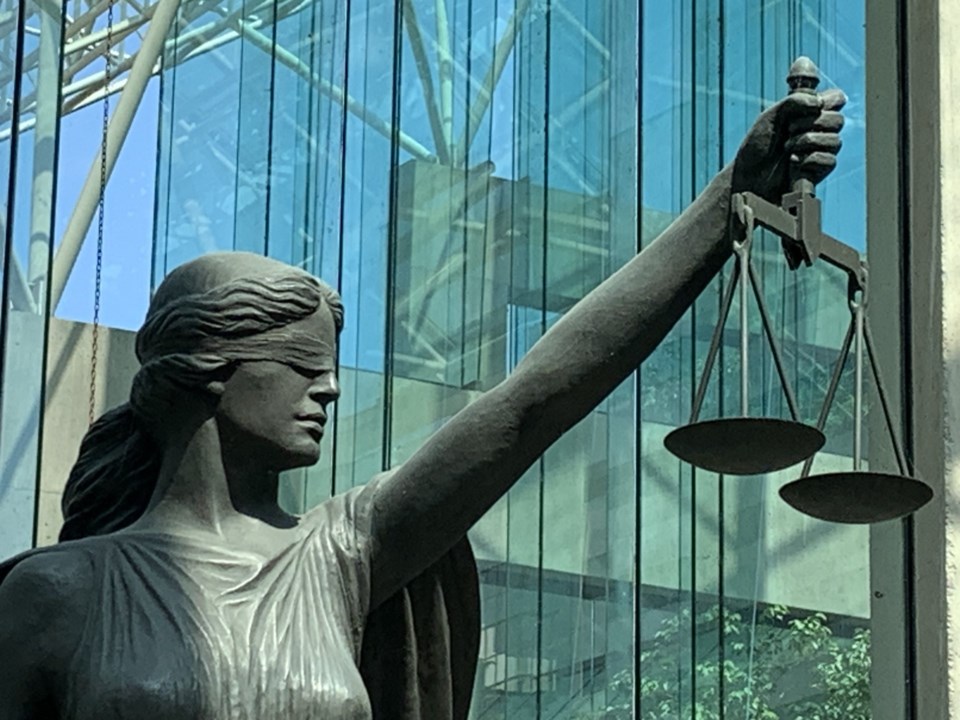B.C.’s Court of Appeal has rejected the case of a man jailed for 18 months in the Dec. 20, 2017 manslaughter death of a Vancouver senior at a Costco.
Eighty-six-year-old Orlando Ocampo was rushed to hospital after an altercation outside Costco on Vancouver's Expo Boulevard.
He never recovered from his injuries and died on Jan. 11, 2018.
Thomas Stephen Toth was identified early in the investigation and charged with manslaughter.
On Dec. 1, 2020, a jury convicted him.
Appeal Court Justice Barbara Fisher, writing the unanimous decision for the three-judge panel, said Toth contended in the appeal that the trial judge:
- failed to instruct the jury on the relevance of evidence of his claustrophobia to elements of self defence;
- failed to give a limiting instruction in respect of lay opinion evidence; and,
- misdirected the jury on the defence of consent as it applies to assault as the underlying unlawful act in manslaughter.
What happened?
Fisher said Toth and Ocampo bumped into each other as Toth and his 16-year-old daughter were leaving the store. There was a brief verbal exchange after which Toth went to get a cab while Ocampo spoke to a security guard.
“After another brief verbal exchange, Mr. Ocampo sprayed Mr. Toth in the face with pepper spray at least twice,” Fisher said. “Mr. Toth reacted to this by swearing, kicking his feet and pushing toward Mr. Ocampo. Mr. Ocampo then turned to walk back towards the store and Mr. Toth pushed Mr. Ocampo from behind, causing him to fall, strike his head and lose consciousness.”
The entire altercation took place in seconds.
Ocampo never regained consciousness and was taken off life support on Jan. 11, 2018.
Trial issues
The issues at trial were whether Toth intentionally pushed Ocampo and whether he was acting in self defence.
Fisher said Toth gave evidence that he suffered from claustrophobia, which affected him in crowds and was affecting him on the morning of the incident.
There was also evidence from security guard Renan Mataya, that included an opinion as to whether Toth, in pushing Ocampo, was trying to protect himself and whether the push was justified or necessary.
“Although the question of consent was not raised as an issue by the parties, the trial judge instructed the jury on consent in relation to the offence of assault as the wrongful act underlying the manslaughter charge,” Fisher said.
Fisher said the lack of jury instruction on how claustrophobia might be part of a defence and whether a layman such as a security guard could offer an opinion in court did not constitute reversible errors in the case.
And, said Fisher, said while the judge’s instructions on consent were flawed, “the error was harmless and resulted in no substantial wrong or miscarriage of justice.”
As such, the appeal was dismissed.




